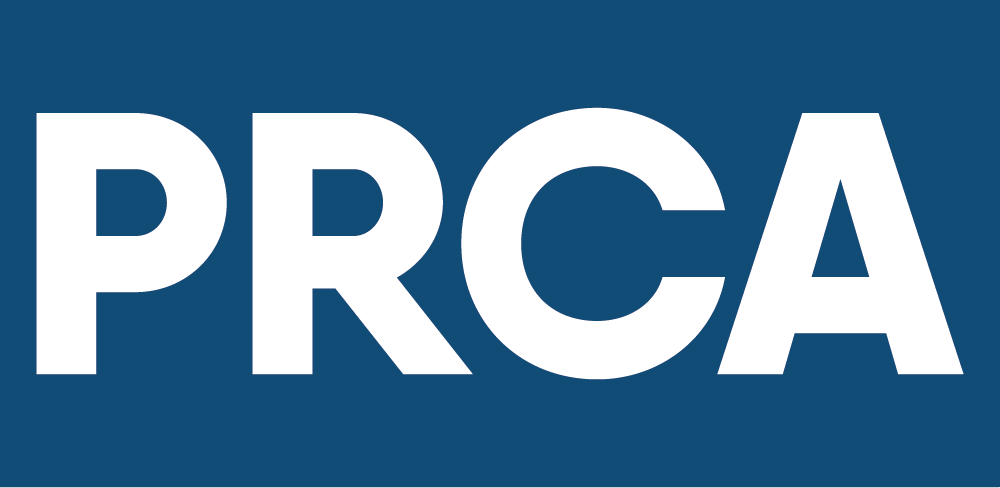Still wondering if AI is going to steal your job or make you a better writer?
This time last year, I was rather sceptical about AI language models. Now I’m one of their biggest fans. What changed?
I discovered that while AI might never write as well as a human, it could be the best writing buddy I’d ever had. Which is why I’ve created a new PRCA workshop called ‘How to make AI your best PR writing assistant’.
When ChatGPT careered into our lives in November 2022, I dabbled with it but then dismissed it as something that people who can’t write might find useful. I’d never need it, I thought, or even want my writing to be associated with it.
I wasn’t alone. Many PR and comms professionals are still not working with AI for a variety of reasons. Some are unsure how to use them. Others dismiss AI as an inferior writer. And some just don’t feel comfortable with the whole concept of artificial intelligence.
I pretty much fell into all three categories. But then things started to happen.
I attended some AI training courses (including several by the brilliant Andrew Smith) and had a play with some of the tools recommended. Yeah, I could see the advantage, but I felt I was too busy to get to know them properly.
Then this little Copilot symbol kept popping up in Word offering to help me draft what I was working on. It was free, it was there, so I gave it a go. Yeah, not bad. A bit stilted, a bit ‘trying too hard’, but it was easy to edit into something I did like.
One day, I was struggling to write an article for a software client, and I wondered if ChatGPT could simplify it for me. Again, it wasn’t brilliant. But I could see where it and my client were coming from.
I also wondered what would happen if I asked Copilot to make my draft more formal, less formal, shorter, more persuasive, easier to read? Not bad, not bad, at all.
The big breakthrough came when I finished writing my 113,000-word novel ‘White Lies and Black Wednesdays’ and had to produce a 700 word synopsis to send to agents. 700 from 113,000!
I got it down to 3,000 words myself (my free versions couldn’t work with so many words), and I used those words to get ChatGPT and Copilot to create the short version. That was interesting. Both picked out key moments I hadn’t considered as important as others.
But the most staggering results came when I asked ChatGPT to turn the synopsis into some sales blurb. I’d buy THIS book, was my response. It sounds brilliant!
A marriage on the edge. A friendship pushed too far. A Wednesday that changes everything.
ChatGPT then offered to write some social media posts. Go for it, I said.
A false accusation. A fragile marriage. A chance encounter that changes everything.
And here’s its Tik Tok version.
He thought hiding the truth would protect them. She thought knowing it would destroy her. Neither was right.
The more it produced, the more dramatic they became – and the more distant they became from my actual story. It was as if my writing assistant had got a little bit ahead of herself.
But that’s fine. That’s what assistants are for. You work together. You tell them what you want, and you collaborate on their suggestions. Eventually, you get the right results.
In my new PRCA workshop, we look at how AI language tools can become your ideal writing partner. You’ll learn how you can use AI to help you generate ideas, tighten briefs, summarise information, write new content, and edit and proofread draft documents.
With your best buddy by your side, you’ll write PR documents better, faster and more easily. You might even be inspired to start or finish that novel you’ve always promised yourself.
Find out more at https://www.prca.global/events/how-make-ai-your-best-pr-writing-assistant
